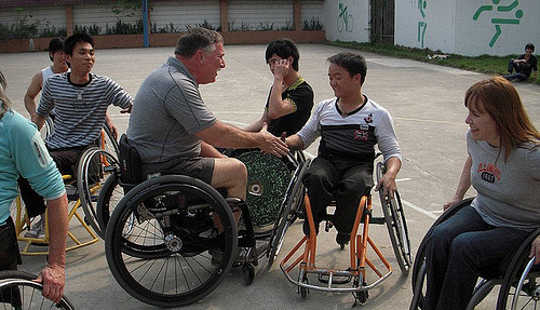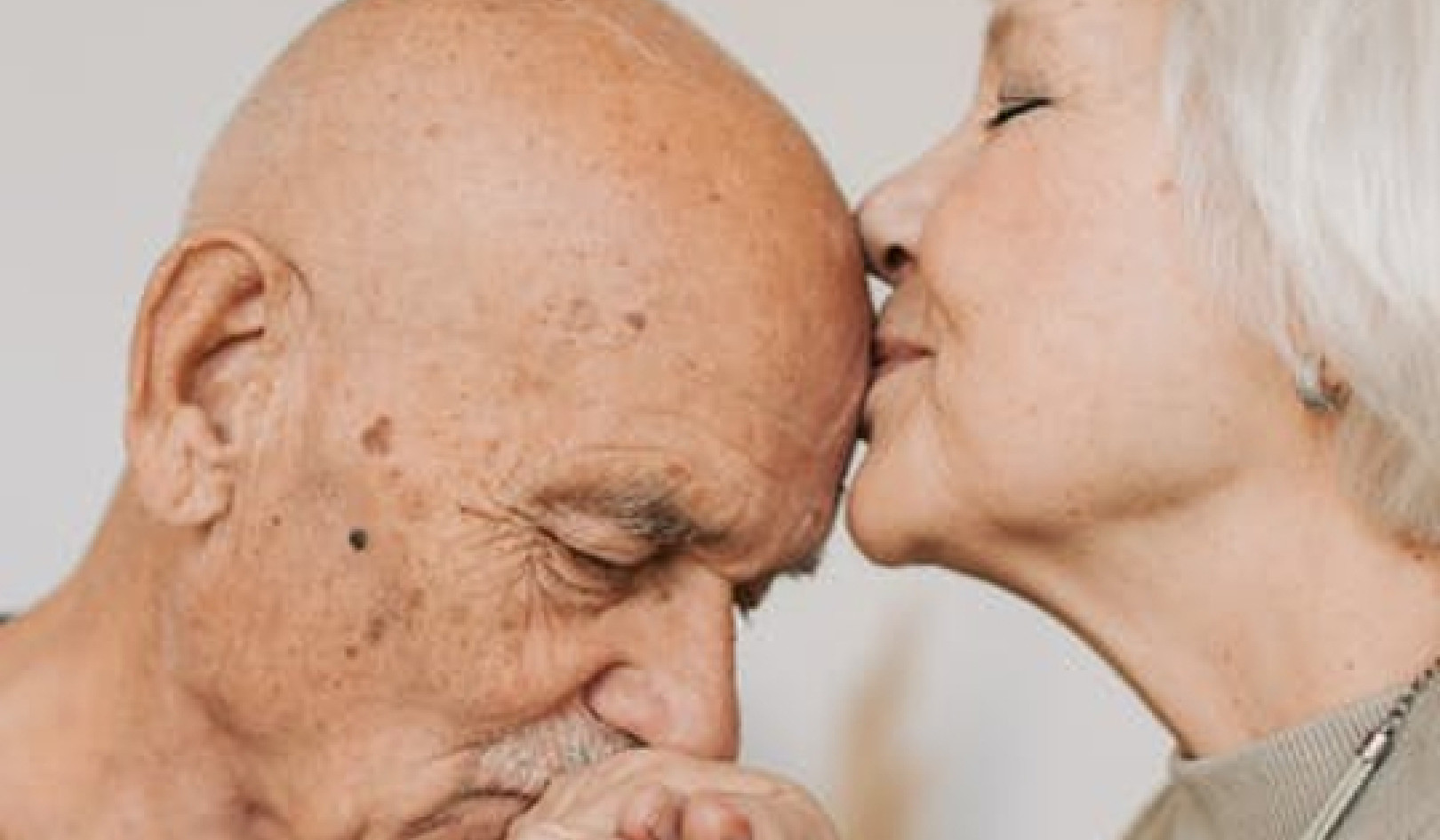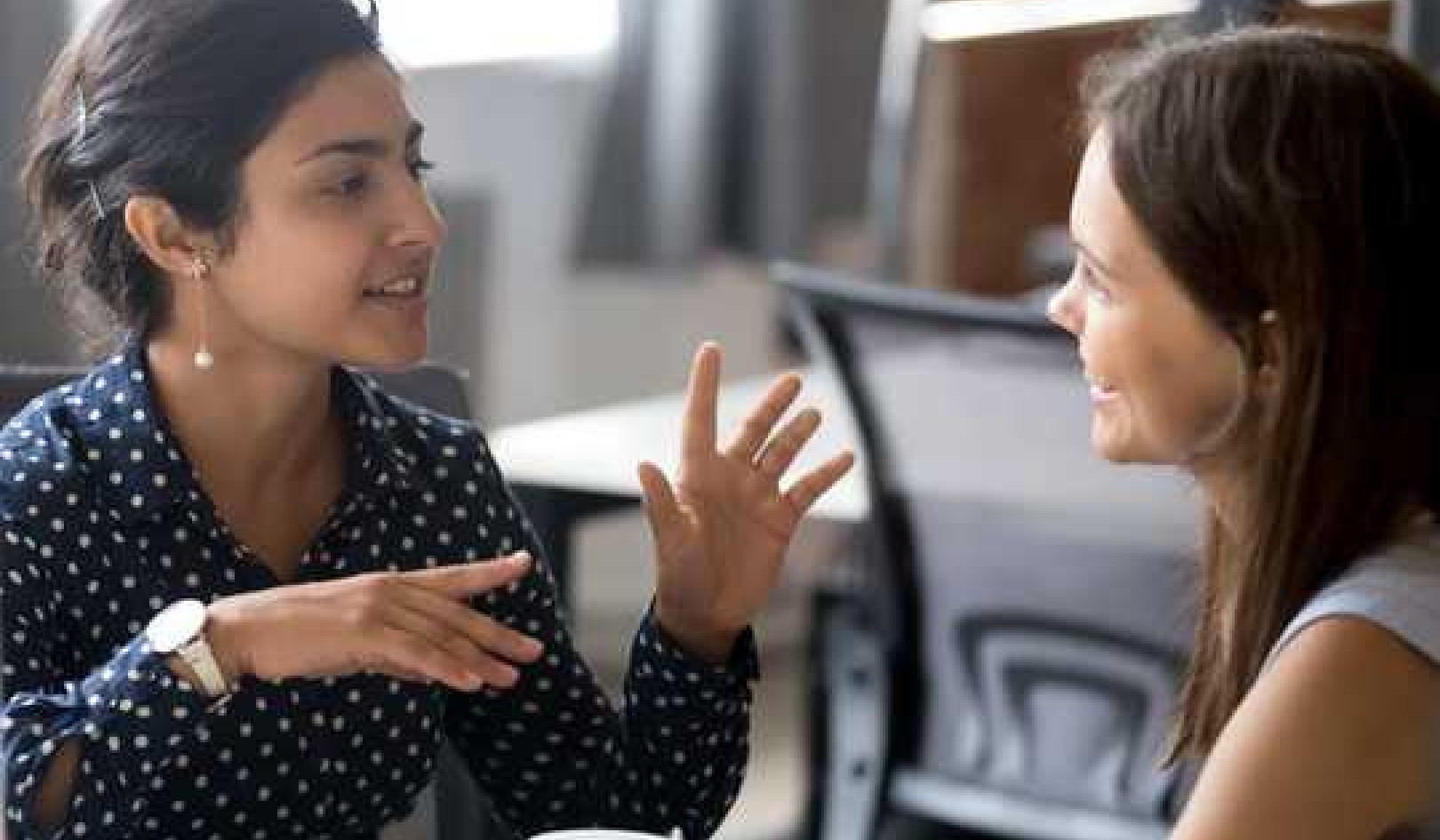
Until the last decade, many young people with a life-limiting or life-threatening condition were not expected to live into adulthood. Now improvements in medicine and technology have changed all that for children with conditions such as duchenne muscular or spinal muscular atrophy which cause serious degeneration of muscles and nerves, or genetic disorders, such as cystic fibrosis.
Life expectancy has increased dramatically and as many young people with these conditions now live into their 30s and beyond, it’s not surprising that issues of sex, sexuality and relationships have come to the fore.
Talking about sex is never easy, but what makes it particularly so for children with life-limiting or life-threatening conditions is that they were usually not expected to live into adulthood – but now do.
As part of our research for newly published guidance on this issue, one parent told us:
We never expected having to talk about sex or anything like this with my son as we didn’t expect him to live this long. We always thought he would die in childhood.
The situation is further complicated because even when individuals live into adulthood, life expectancy is shortened and uncertain. Young people told us that they often feel infantalised.
During interviews with young people to develop the new guidance, one told us: “I’m 20, some professionals still chat to me like I’m 12.” Another said: “We should be able to be treated like adults, you know, and we have to make our own choices in life.”
Many people with these conditions – though not all – may also have or acquire physical or cognitive impairments. Disabled people are sometimes regarded as being asexual, but as one young adult told us:
We are sexual beings with needs like everyone else, we might need some practical help to reach our goals but it does not make us any less human.
Talking About Sex
There is a gap in information, services and support for young people facing these challenges. At a conference in 2012 on the issue, hosted by two hospices in England, delegates proposed the development of sexuality guidance and standards.
As a result of the conference, the Open University Sexuality Alliance was formed with an aim to develop such guidance for health, social care and education staff who care for and support young people.
In the guidance, Talking about sex, sexuality and relationships, we’ve set out information about how best to support young people, and their families in addressing sexuality, sexual expression, relationships and intimacy. It also sets out some of the key governance, safeguarding and legal issues that need to be considered by organisations and service managers – for example, how a young person may be supported to masturbate when she or he is unable to move any limbs.
One young person, involved in the production of the guidance, highlighted the importance of ongoing sex education throughout life, however long that maybe: “It would be good to capture some sexual health things … like disability, body image, connections and sexual beings within primary and secondary education.”
Other young people wanted to know more about genetic conditions, and any risk to future generations should they have children. One said:
I am interested in how things work regarding a carrier of a condition. Can it skip? Will it skip? The few times I have tried to ask more, the conversations have been shut down.
Talking about sex and sexuality with people with life-threatening or life-limiting conditions is still somewhat taboo, but it shoudn’t be. They have a right to information and support and to explore and express their sexuality in whatever way feels right for them.
As one person who co-authored the foreword for the new guidance said: “Sexuality is not rocket science, it’s part of everyday life.”
About The Author s
s
Maddie Blackburn, PhD candidate and Chair od The Open University Sexuality Alliance., The Open University and Sarah Earle, Associate Dean for Research & Enterprise, Faculty of Health and Social Care , The Open University
This article was originally published on The Conversation. Read the original article.
Related Book:
at

Thanks for visiting InnerSelf.com, where there are 20,000+ life-altering articles promoting "New Attitudes and New Possibilities." All articles are translated into 30+ languages. Subscribe to InnerSelf Magazine, published weekly, and Marie T Russell's Daily Inspiration. InnerSelf Magazine has been published since 1985.

Thanks for visiting InnerSelf.com, where there are 20,000+ life-altering articles promoting "New Attitudes and New Possibilities." All articles are translated into 30+ languages. Subscribe to InnerSelf Magazine, published weekly, and Marie T Russell's Daily Inspiration. InnerSelf Magazine has been published since 1985.
























